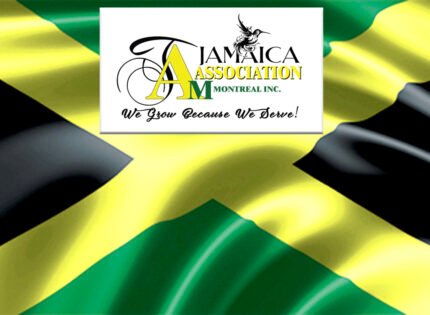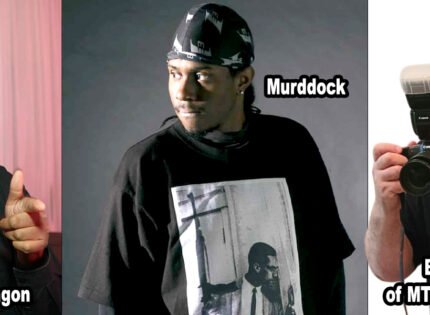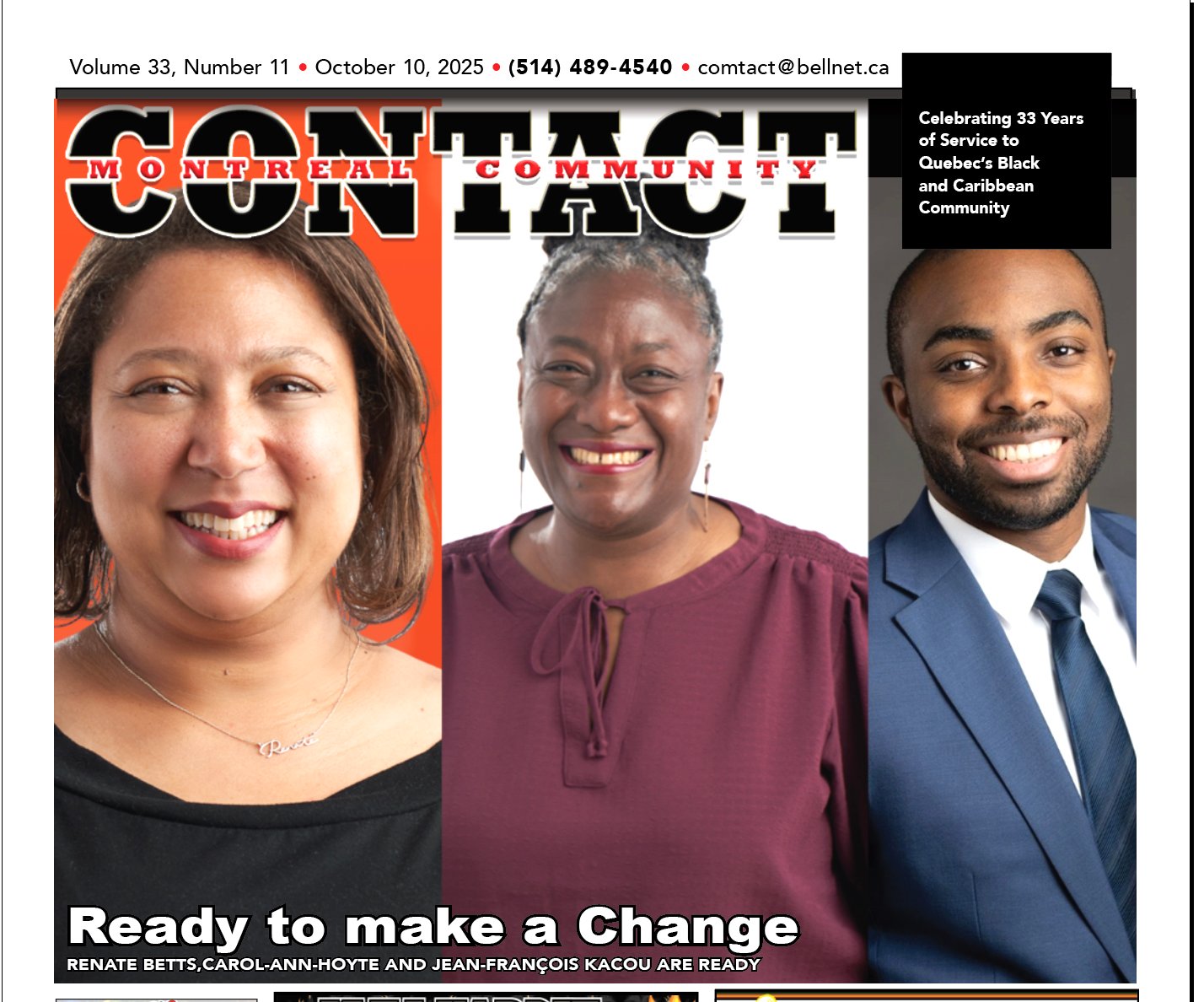What we need is the relevant environment, role models and students willing to improve their knowledge…
By Bongs Lainjo
Many Caribbean readers from the diaspora will resonate with the above abbreviation. For those readers unfamiliar with the acronym, UWI stands for University of West Indies. It is the academic ivory tower of the West Indies.
Quite often, many West Indians I have talked to either have heard about it or know someone who has studied there. It remains one of the elite institutions in the region. For the interested readers, details can always be downloaded from the Internet.
Why UWI? some may ask. My interest in the institution located in Trinidad and Tobago – St Augustine Campus – started several years ago when I was invited to present a paper on “Reproductive Health Commodity Security” (RHCS). There are two other campuses in Mona, Kingston, and Cave Hill, Barbados.
The conference went very well. I had very interesting and intense discussions with many of the participants. I gave away copies of my book with priority given to libraries. There were not enough copies to go around.
Interestingly, one would think that most people tend to read electronic books as opposed to blue print. Incidentally, a study here in Canada concluded that most Canadians would rather read printed versions of a book; the ubiquity and convenience provided by net should never be taken for granted.
Many readers in this part of the world no longer consider access to the Internet as a luxury, part of the reason being that free access is available almost to everywhere – public libraries, McDonalds, etc. – the same is hardly true elsewhere. The net is still not available to many people.
As we continue expressing our discontent and disdain on the racial imbalances, let us also highlight the positive achievements. And yes, there are both within Canada and many low and middle income countries (LMICs).
The institutions above and their successes are simply the tip of the iceberg, and our newspapers need to do more in reminding the readers that seeing the glass as half-full can sometimes serve as an antidote to our racial inequalities. But of course this should never lead us to be complacent.
The challenges are daunting and the reality is that current efforts to address many of these racial inconsistencies continue to falter.
For example, recently in Britain, during the Commonwealth conference, participants reminded the Brits about the wrongful denial of citizenship to immigrants of Britain’s Caribbean colonies who were invited by Britain to come and help build the country (The Windrush Generation.)
In quick response, the British PM hypocritically apologized and promised to correct the wrong that was done to those migrants. Ironically, she was complicit in all these inhuman conditions this group was subjected to – no healthcare, homelessness and no citizenship.
What happened to humanity one may ask? Would they have been treated differently if thier racial origins were different? You decide. Such incidents need to be reported and re-enforced. It was wrong then and it is wrong now. And the big question is, why did it take so long?
Let’s go back to my UWI connections: the following year after the T&T conference, I was invited again to present a paper on “Sustainable Development,” this time by the Mona Campus in Kingston, Jamaica.
In my career, I have met with many motivated and ambitious groups. This audience here was exceptional. The number questions were unending, the strong interest in the context was exceptional, the urge for more was relentless. And of course, as in T&T, I could not satisfy the crowd with the books I was giving away – again as above, the copies were not enough.
One (among others) positive outcome was an invitation that was extended to me as a guest lecturer. And since then, I teach sessions on “Program Monitoring and Evaluation”. This is done via the Video Learning Environment (VLE).
This year, the title of the session was “Developing Program Evaluation Protocols.”
As in the year before, the graduate students were awesome. The lecture went on for three hours and even though I had encouraged them to take coffee breaks when necessary, none of them took one shows us that the racial boundaries should never diminish our motivation to learn, stigmatized or marginalized. And yes, the potentials are there.
What we need is the relevant environment, role models and students willing to improve their knowledge. This takes time and ultimately is a no brainer.
My video is available via the following link:
https://drive.google.com/file/d/1EhzNQ6_gpCzjx_ClegiXZubWlKFgScXT/view
Bongs Lainjo is the author of “ M and E: Data Management Systems”
Montreal














